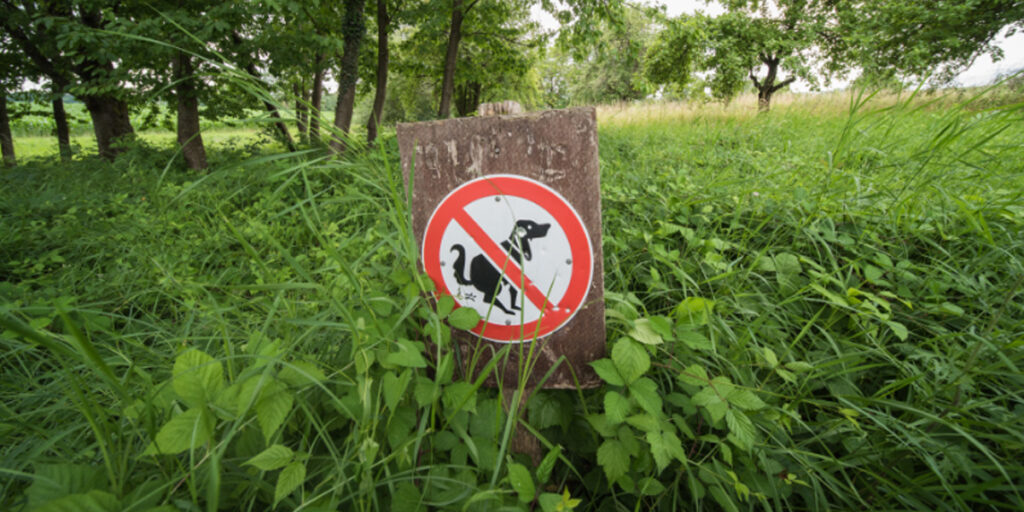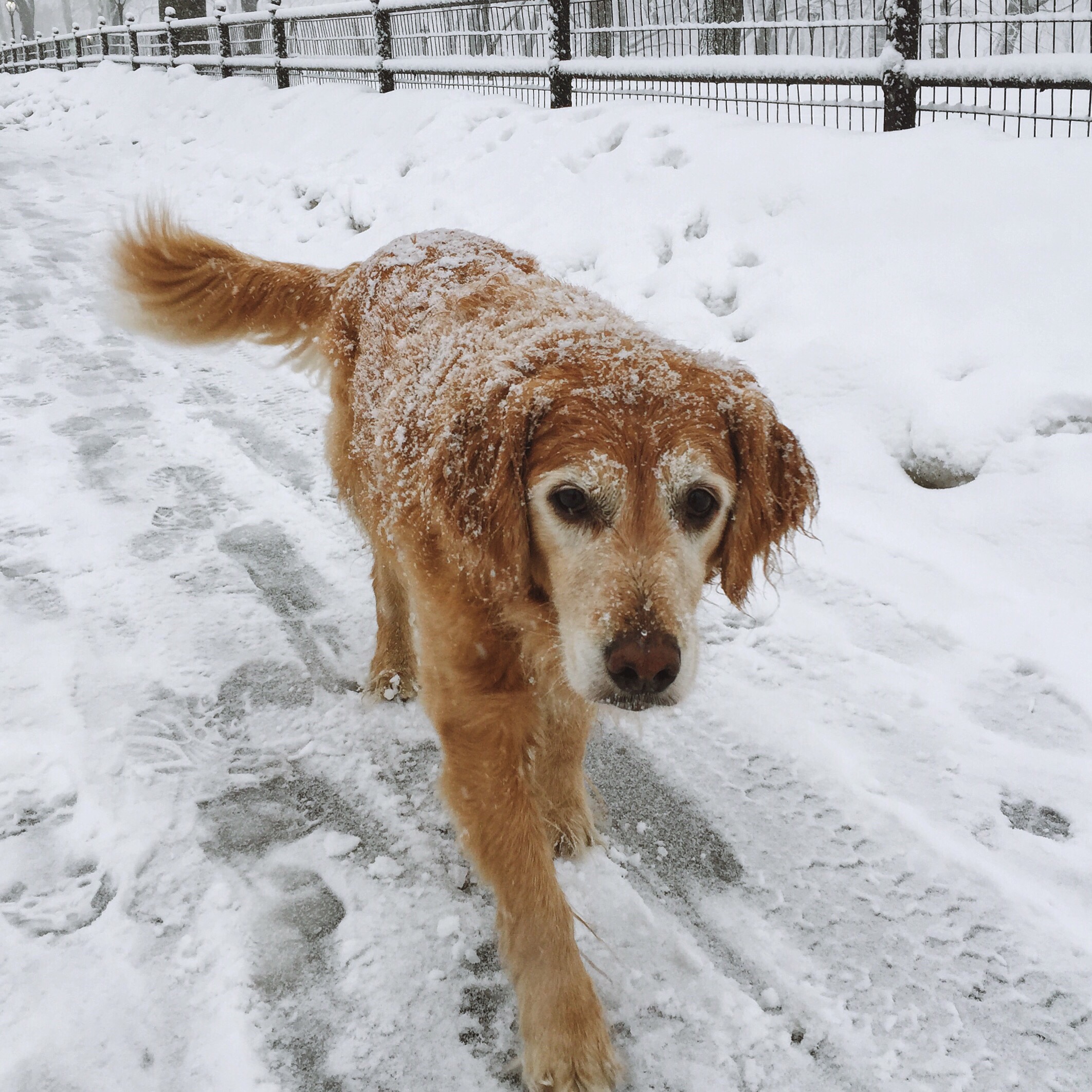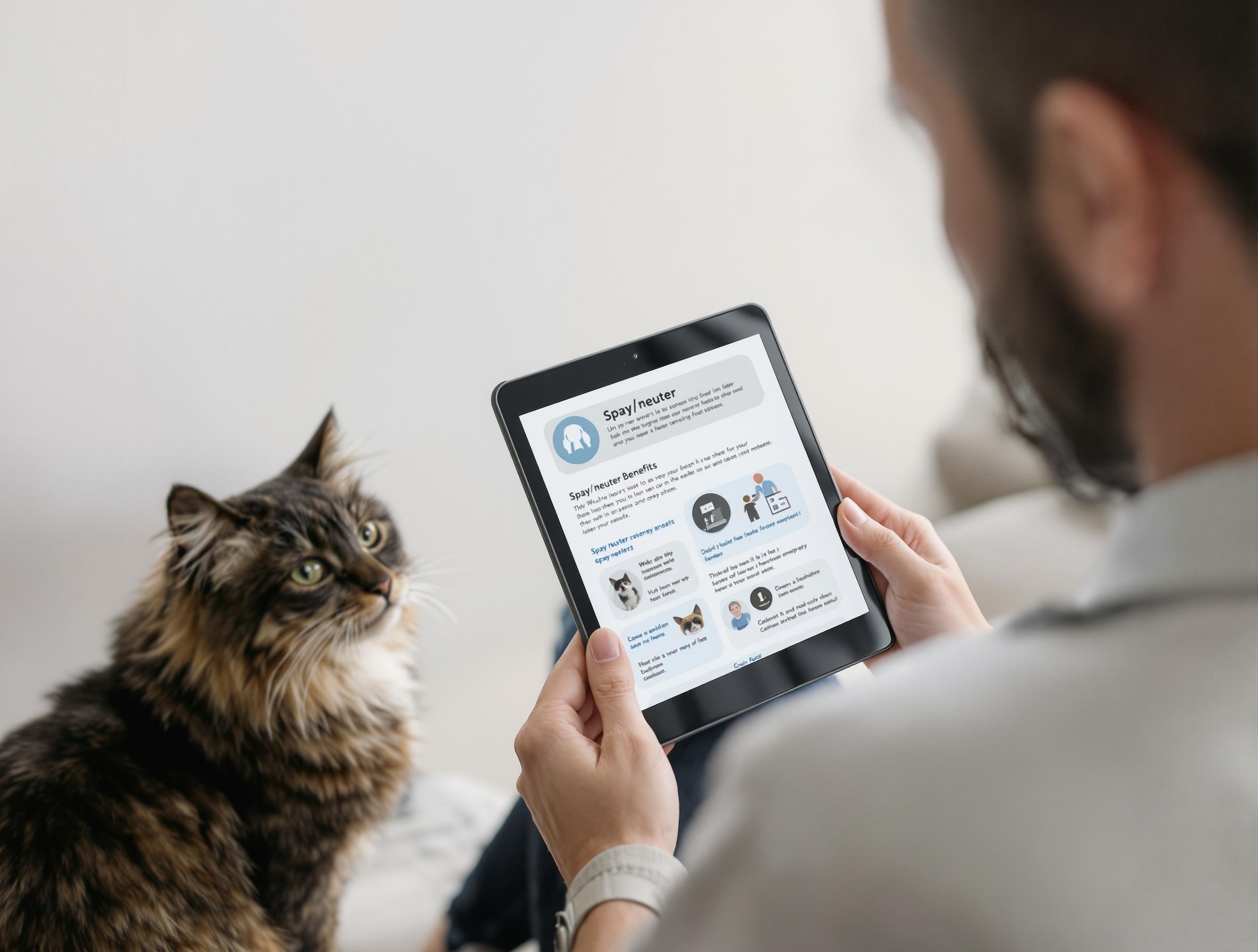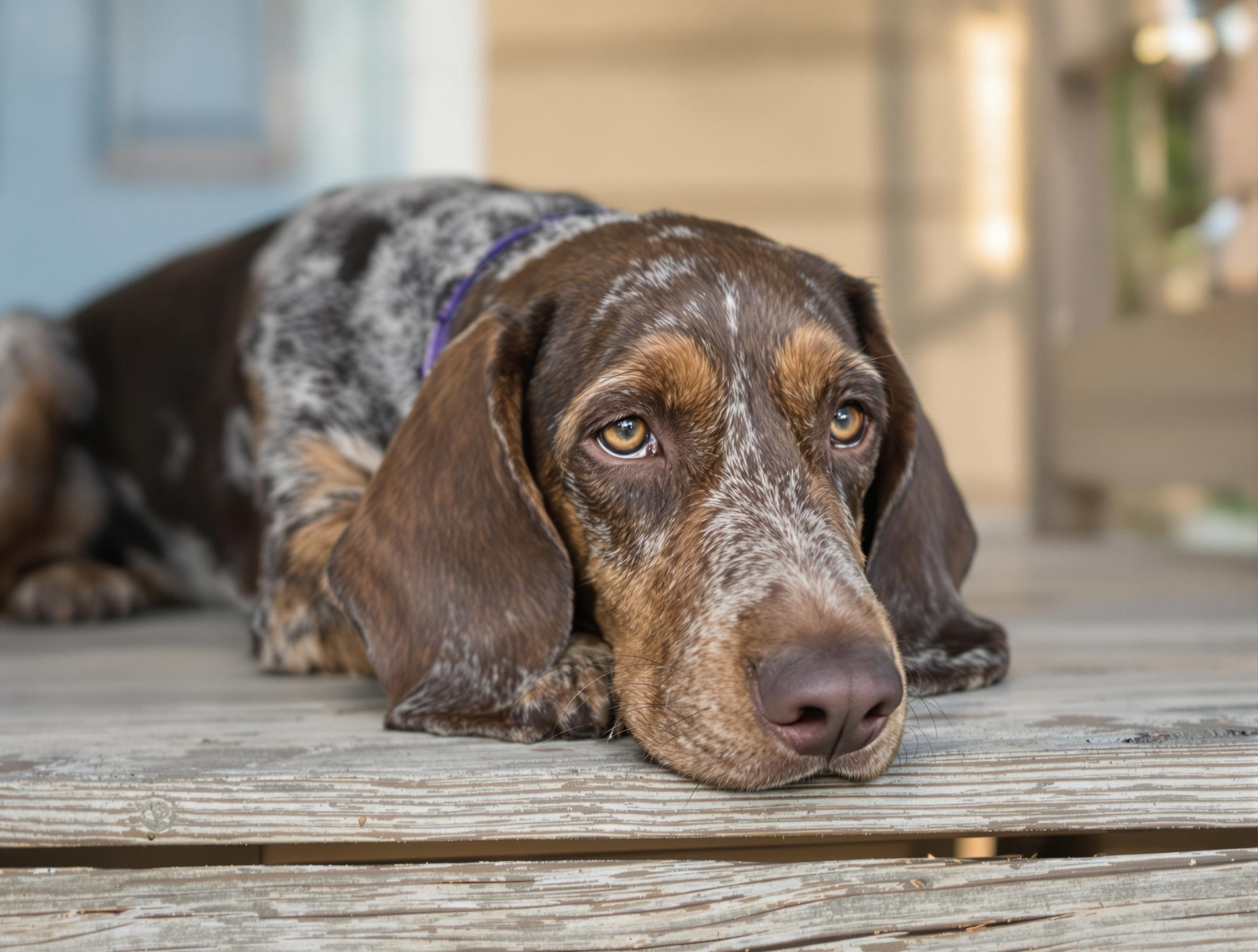Dogs typically poop at least once per day. If it seems as though your dog hasn’t pooped in an unusually long time, there is a chance that they may be constipated. Though you can often resolve this common condition at home, it can sometimes be a sign that your dog needs medication attention.
Possible Reasons Your Dog Won’t Poop
Some dogs refuse to poop outside when it rains or snows. Small dogs, in particular, may avoid going outside. Check behind furniture and in secluded corners to make sure your dog has not actually had an accident indoors.
Consuming certain foods can cause temporary constipation. Soluble fiber, found in apples, lentils, nuts, and seeds absorb water in the digestive tract, causing drier stools that are more difficult to pass. If you feed raw, high bone content foods can also hard, dry stools. Pumpkin puree is a source of both soluble and insoluble, making it a common remedy for constipation.
Dogs who eat kibble typically do not drink enough water to stay adequately hydrated. You can rehydrate your dog’s kibble with warm water to help soften their stools.
Constipation can be a symptom of a broad range of health issues. A neuromuscular issue may inhibit your dog’s ability to pass feces. An enlarged prostate, a tumor, or lymph nodes can obstruct the bowel.
When Constipation Becomes An Emergency
Concurrent symptoms are a sign that your dog needs immediate medical attention. Call your vet or your local emergency vet clinic if your dog has any of these symptoms:
- Fever over 103°F
- Bloated or distended stomach
- Vomiting
- Dry heaving
- Loss of appetite
- Lethargy
- Unusual discharge or odors, which may indicate an infection
- Hunching over as though in pain
- Yelping, whining, or otherwise seeming to be in pain
- Not passing feces for more than 48 hours.
Your vet may prescribe a dog-safe laxative or use an enema to help pass impacted stools. They may use an x-ray or ultrasound to determine if there is an internal blockage. It’s better to have your dog seen sooner rather than later, as unresolved constipation can lead to impaction and other complications if left untreated.




